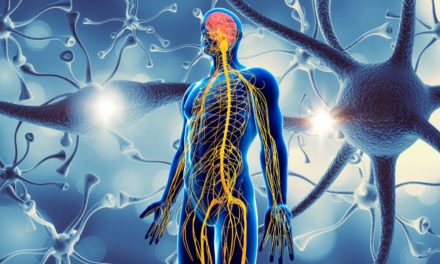Introduction
Schizophrenia is a complex and challenging mental health disorder that profoundly affects a person’s thoughts, emotions, and behavior. It is often characterized by a disconnection from reality, leading to hallucinations, delusions, and impaired social functioning. In this article, we will provide a comprehensive overview of schizophrenia, including its symptoms, potential causes, impact on individuals and society, and effective treatment approaches. By fostering awareness and understanding, we aim to support those affected by schizophrenia and promote strategies for managing and improving their quality of life.
Understanding Schizophrenia
Schizophrenia is a chronic mental health condition that disrupts cognitive processes, emotions, and behavior. It often manifests in early adulthood and can have a profound impact on an individual’s ability to function in daily life.
Symptoms of Schizophrenia
Side effects of schizophrenia can be isolated into three classes:
Positive Symptoms:
- Hallucinations (perceiving things that others don’t)
- Delusions (false beliefs)
- Disorganized thinking and speech
Negative Symptoms:
- Reduced emotional expression
- Social withdrawal
- Difficulty in initiating and sustaining activities
Cognitive Symptoms:
- Impaired concentration and memory
- Difficulty in making decisions or planning
Potential Causes of Schizophrenia
While the exact cause of schizophrenia is not fully understood, it is believed to result from a combination of genetic, environmental, and neurochemical factors.
Impact on Individuals and Society
Schizophrenia can have a profound impact on an individual’s life, affecting relationships, education, employment, and overall quality of life. It also places a significant burden on families and society due to the need for long-term care and support.
Effective Treatment Approaches
- Antipsychotic Medications: Antipsychotic drugs are often prescribed to manage the symptoms of schizophrenia, especially the positive symptoms.
- Psychotherapy: Various forms of psychotherapy, such as cognitive-behavioral therapy (CBT) and family therapy, can help individuals manage their symptoms and improve social functioning.
- Social Support: Creating a strong support network of family, friends, and mental health professionals can enhance the individual’s well-being.
- Rehabilitation Programs: Vocational and social rehabilitation programs can assist individuals in developing skills for independent living and employment.
- Early Intervention: Early diagnosis and treatment can significantly improve the long-term prognosis of schizophrenia.
Long-Term Management
Managing schizophrenia often requires long-term treatment and support. Sticking to treatment plans, engaging in therapy, and maintaining a healthy lifestyle are crucial for managing the condition effectively.
Reducing Stigma
Reducing stigma surrounding schizophrenia is essential for fostering understanding, empathy, and support for individuals living with the disorder.
Conclusion
Schizophrenia is a complex mental health disorder that requires a comprehensive and multidimensional approach to treatment and support. By recognizing its symptoms, understanding its potential causes, and advocating for effective treatment approaches, we can create a more inclusive and compassionate society for individuals living with schizophrenia. Through early intervention, personalized treatment plans, and a supportive community, we can work together to empower individuals affected by schizophrenia to lead fulfilling and meaningful lives.










